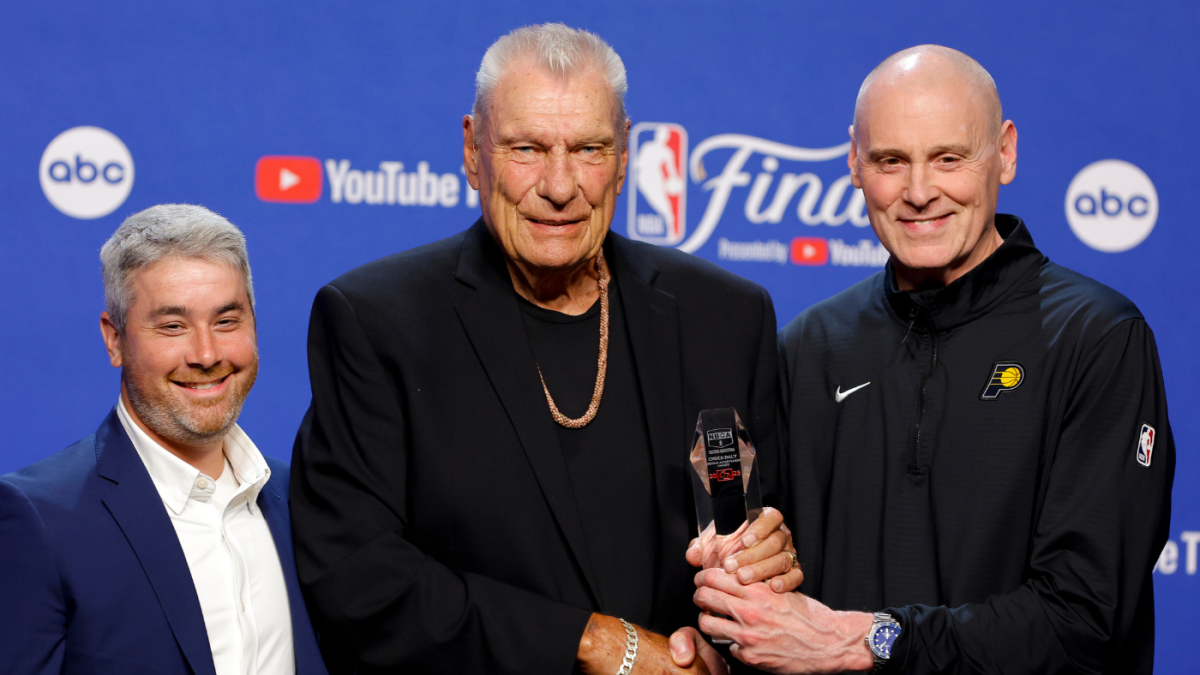The Intersection of AI and Don Nelson’s Protest: Exploring Themes of Loyalty, Strategy, and Legacy in Modern NBA Dynamics
The dramatic trade of Luka Dončić and Don Nelson’s symbolic protest offer a compelling lens through which to consider larger questions not only about sports management but also about the evolving role of artificial intelligence (AI) in decision-making processes. While AI itself was not directly part of the events surrounding the Mavericks-Lakers trade, exploring this scenario through the prism of AI invites illuminating insights about modern strategic thinking, emotional intelligence, and legacy preservation—areas where AI and human judgment often intersect and sometimes clash.
AI’s Role in Sports Decision-Making: Data vs. Intuition
Today’s NBA front offices increasingly rely on AI-driven analytics to guide player trades, team building, and performance optimization. Algorithms analyze statistics, predict player trajectories, and simulate outcomes that inform high-stakes decisions. The Mavericks’ decision to trade Luka Dončić, which Don Nelson vehemently criticized as a “tremendous mistake,” could well have involved AI-generated projections about future team success versus immediate gains.
However, Nelson’s protest underscores a critical gap within such data-driven models: the human elements of loyalty, legacy, and emotional connection. AI can assess performance metrics but struggles to quantify the intangible chemistry a star player brings to a franchise’s culture or fanbase enthusiasm. This tension highlights the limits of relying solely on AI without incorporating holistic human judgment, something Nelson’s standpoint vividly dramatizes.
The Emotional Intelligence Deficit in AI-Driven Trade Decisions
Don Nelson’s choice to wear Dončić’s signature shoes during a high-profile award ceremony is a deeply emotional act of protest—beyond statistics, reflecting years of personal investment and belief in building around cornerstone players. AI systems lack this kind of emotional intelligence; they cannot engage with symbolic gestures or appreciate the narrative arcs that enrich the sport.
This disconnect can lead to cold calculations that alienate players, fans, and even veteran insiders like Nelson. AI might evaluate Dončić purely as a tradable asset, whereas Nelson interprets him as “yours for a lifetime,” embodying wider franchise identity and long-term vision. The protest serves as a poignant reminder that sports organizations must balance AI’s precision with empathy and tradition.
AI’s Potential to Enhance, Not Replace, Experienced Judgment
While AI in the NBA represents a powerful tool for managing complexities and reducing bias, Nelson’s critique invites reflection on how best to integrate these tools with human expertise. Nelson, with his storied coaching legacy and player development acumen, exemplifies the type of nuanced judgment that AI cannot replicate.
An ideal approach merges AI analytics with the kind of wisdom Nelson imparts—recognizing that trades shape not only team rosters but also cultural legacies. AI can suggest probabilities and scenarios, but final decisions should consider qualitative factors: player loyalty, fan sentiment, and the philosophical commitments of team leadership. This balance ensures that basketball remains not just a business but a community.
The Larger Question: What Does Greatness Mean in the Age of AI?
Don Nelson’s protest invites a broader dialogue on defining greatness amid evolving technologies. Should franchises treat players purely as components optimized for victory, or also as symbols of dedication and continuity? AI-driven strategies may prioritize efficiency and short-term success, but Nelson’s stance champions a vision where respect for players’ careers and team identity anchors long-term greatness.
This debate resonates beyond basketball, mirroring challenges across industries embracing AI. It underscores the value of human values preserving meaning and connection alongside data-driven progress.
Conclusion: Harmonizing Innovation with Humanity in NBA and Beyond
Don Nelson’s symbolic rejection of the Luka Dončić trade crystallizes a moment where technology, emotion, and tradition collide. AI offers incredible capabilities to enhance decision-making but cannot replace the human heart and wisdom that define sports culture. Nelson’s protest—expressed through a simple yet powerful act of wearing a player’s shoes—reminds us that progressive innovation must harmonize with loyalty, respect, and vision.
As the NBA and other fields continue integrating AI, the lessons from Nelson’s stance insist that success is as much about honoring stories and relationships as it is about analytics. Balancing these elements will shape not only the future of basketball but how society navigates the age of artificial intelligence itself.

